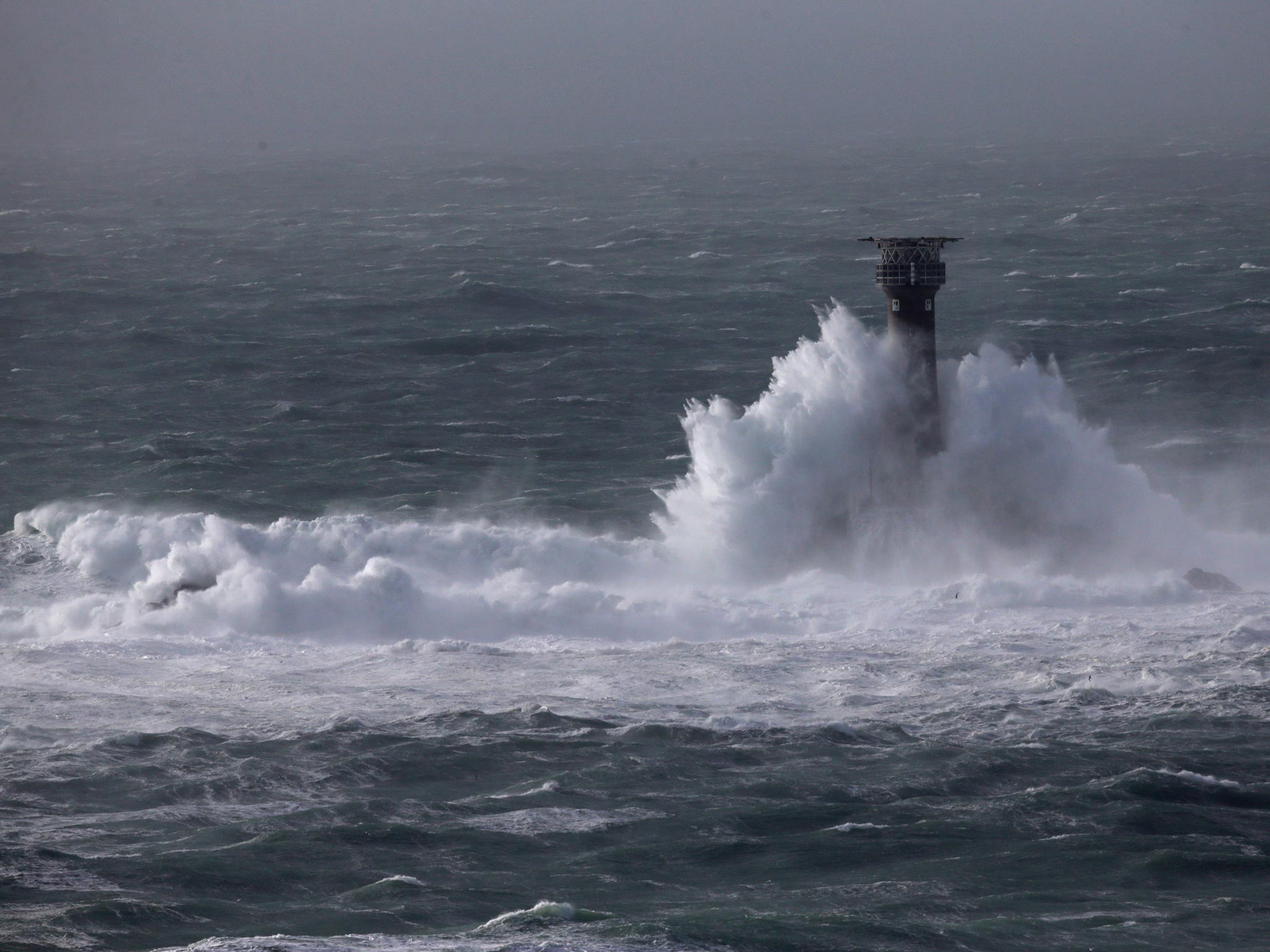UK weather: Storms are clear sign of climate change and worse to come will lead to conflict and war, says Lord Stern

Your support helps us to tell the story
From reproductive rights to climate change to Big Tech, The Independent is on the ground when the story is developing. Whether it's investigating the financials of Elon Musk's pro-Trump PAC or producing our latest documentary, 'The A Word', which shines a light on the American women fighting for reproductive rights, we know how important it is to parse out the facts from the messaging.
At such a critical moment in US history, we need reporters on the ground. Your donation allows us to keep sending journalists to speak to both sides of the story.
The Independent is trusted by Americans across the entire political spectrum. And unlike many other quality news outlets, we choose not to lock Americans out of our reporting and analysis with paywalls. We believe quality journalism should be available to everyone, paid for by those who can afford it.
Your support makes all the difference.Leading environmental economist Lord Stern has said the ongoing storms in the UK are just a taste of things to come, warning that failing to tackle global warming could lead to war as hundreds of millions of people are forced to migrate.
The peer, author of a landmark 2006 report on climate change, said record rainfall and storm surges were “a clear sign that we are already experiencing the impacts of climate change”.
He said that the dangers were greater now than in 2006 because greenhouse gas emissions have “increased sharply” and their effects are happening more quickly, such as the melting of Arctic sea ice.
“If we do not cut emissions, we face even more devastating consequences, as unchecked they could raise global average temperature to 4C or more above pre-industrial levels by the end of the century,” he wrote in The Guardian.
“The shift to such a world could cause mass migrations of hundreds of millions of people away from the worst-affected areas. That would lead to conflict and war, not peace and prosperity.”
He pointed to other parts of the world that have been experiencing “extreme weather events” in the past few months: heatwaves in Australia and Argentina, record rainfall and floods in Brazil, and Typhoon Haiyan – “the strongest tropical cyclone to make landfall anywhere in the world” — which killed more than 5,700 people in the Philippines.
“This is a pattern of global change that it would be very unwise to ignore,” Lord Stern wrote.
“The upward trend in temperature is undeniable, despite the effects of natural variability in the climate which causes the rate of warming to temporarily accelerate or slow for short periods, as we have seen over the past 15 years.
“The risks are immense and can only be sensibly managed by reducing greenhouse gas emissions, which will require a new low-carbon industrial revolution.”
He condemned the “lack of vision and political will” from politicians in the developed world, but said “fortunately poorer countries, such as China, are showing leadership and beginning to demonstrate to the world how to invest in low-carbon growth”.
And he argued the Government should resist calls to cut overseas aid to help pay for the flood response as it would be “deeply immoral to penalise the 1.2 billion people around the world who live in extreme poverty”.
“In fact, the UK should be increasing aid to poor countries to help them develop economically in a climate that is becoming more hostile largely because of past emissions by rich countries.”
Join our commenting forum
Join thought-provoking conversations, follow other Independent readers and see their replies
Comments